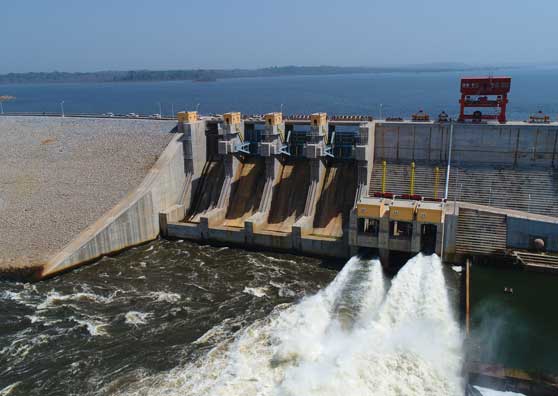easyJet has declared that it will be the first major airline to offset the carbon emissions from the fuel used for all of its flights and render then net-zero.
The airline will undertake carbon offsetting through schemes accredited by both Gold Standard and VCS and the off-setting programme will will include forestry, renewable and community based projects.
easyjet admit that such a policy is an ‘interim’ measure, as it seeks to use more renewal forms of aviation, and has signed a memorandum of understanding with it main aircraft supplier Airbus for a joint research project on hybrid and electric aircraft. easyJet and Airbus will cooperate on three distinct work packages set to define the impacts and the requirements necessary for the large-scale introduction of next generation sustainable aircraft on infrastructure and every-day commercial aircraft operations.
easyJet has also been working with Wright Electric, Rolls Royce and Safran on new technologies to reduce the carbon footprint of flying.
Since 2000 easyJet has reduced the carbon emissions for each kilometre flown by a passenger by over a third (33.67 per cent) through modernisation of its fleet, introducing light weight carpets, trolleys and seats, single engine taxiing and removing paper manuals from aircraft, and in 2013 (restated in 2015) established a public target to reduce its carbon emissions per passenger kilometer by 10 per cent by 2022 on its 2016 performance.
Johan Lundgren, easyJet’s CEO, said “Climate change is an issue for all of us. People have a choice in how they travel and people are now thinking about the potential carbon impact of different types of transport. But many people still want to fly and if people choose to fly we want to be one of the best choices they can make.”
Latest News
-
Sainsbury’s links up with Comic Relief for festive recipe campaign
-
Shepherd Neame extends air ambulance charity partnership
-
Businesses help festive match funder raise a record £57.4m
-
Firms help fund regional mayors' initiatives to tackle childhood inequality
-
Retailer raises more than £16,000 for Down’s Syndrome group
-
Snacks firm staff to donate £75,000 to charities
© 2019 Perspective Publishing Privacy & Cookies







Recent Stories